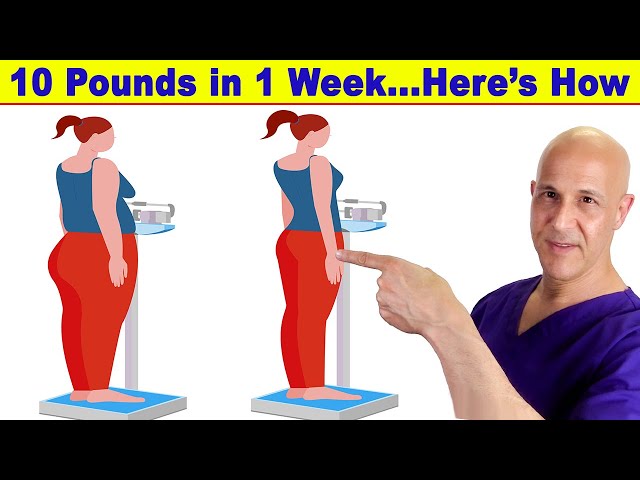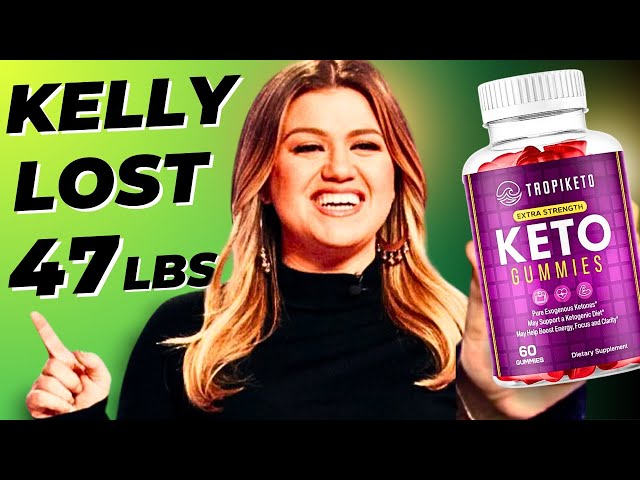
The phenomenon of Shark Tank has turned countless entrepreneurs' dreams into reality, introducing innovative products to the forefront of consumer culture. Yet, amid the success stories, a troubling trend has emerged: the proliferation of products falsely claiming to be endorsed by the show's prominent investors. Nowhere is this more evident than in the realm of keto gummies. With claims of effortless weight loss and health benefits, these gummies have captured the attention of many consumers, yet the reality is quite different.
A recent investigation highlighted by both AARP and Snopes reveals that the Shark Tank judges have never officially endorsed any weight-loss gummies, including those claiming to be keto-friendly. Snopes asserted, "The cast of 'Shark Tank' never endorsed any CBD gummies or keto gummies, despite a lie that scammers have promoted for years." This revelation raises important questions for consumers: how can one discern the truth behind these enticing advertisements?
As an expert in weight management, Dr. Melissa Czerwony explains, “There aren't any studies that have shown the long-term effects of keto gummies and whether they're beneficial.” This insight serves as a cautionary note for anyone considering jumping on the latest health trend without conducting thorough research.
Shark Tank has witnessed many products that genuinely help people transform their lives, celebrating legitimate innovation. Nevertheless, the rise of false advertising presents a significant risk for consumers. When it comes to keto gummies, viewers are often drawn in by flashy ads and testimonials, leading many to believe they are purchasing a product backed by the Sharks themselves.
The seriousness of the issue cannot be understated. Many scammers utilize the prestige associated with Shark Tank to lend an air of legitimacy to their products, effectively swindling unsuspecting consumers. "If it's not listed on ABC’s site, it didn't appear on Shark Tank," cautions Susan Newbill, emphasizing the importance of verifying claims related to any product’s origin.
Many consumers wonder why they keep encountering ads for Shark Tank Keto Gummies despite the overwhelming evidence that the show never endorsed such products. One likely reason is the expansive reach of digital advertising. As former Shark Tank investor Lori Greiner warns, "They photoshop their keto product into my hands. I have spent years bringing legitimate products to market, and seeing these scams is incredibly frustrating.”
In looking deeper at these keto gummies, critical questions arise—do they genuinely work? According to experts, there’s limited research validating the effectiveness of such products. The general consensus remains that while some ingredients might support a ketogenic diet, the long-term benefits of consuming gummy supplements are still vastly uncharted territory, and the actual results they provide can vary widely among individuals.
Perhaps one of the most daunting aspects of these gummy products is their ingredients. While many brands tout natural elements, potential side effects such as constipation, nausea, or digestive discomfort are commonly reported. According to Dr. Czerwony, “It's crucial to talk to your doctor about any supplement, particularly those that claim to cause rapid weight loss.” In a world increasingly driven by quick-fix solutions, individuals might overlook such crucial advice.
In 2024, with the keto diet remaining a popular choice among those seeking to manage their weight, understanding the implications surrounding products marketed under the Shark Tank banner is more important than ever. They may promise miraculous benefits, but the reality often falls short. As confidence in the keto gummy market continues to waver, consumers would do well to remain vigilant and informed.
As we conclude this discussion, one must consider: are these gummies a genuine solution or just another marketing ploy? The answer may not be so clear-cut, and is ultimately left for the consumer to uncover. Engaging with reputable sources for dietary advice, learning how to recognize fraudulent marketing strategies, and being skeptical of unverified product endorsements can empower consumers in their health journeys.
In a rapidly evolving market flooded with misinformation, taking the time to scrutinize the products you consider putting in your body isn’t just advisable—it is essential.







